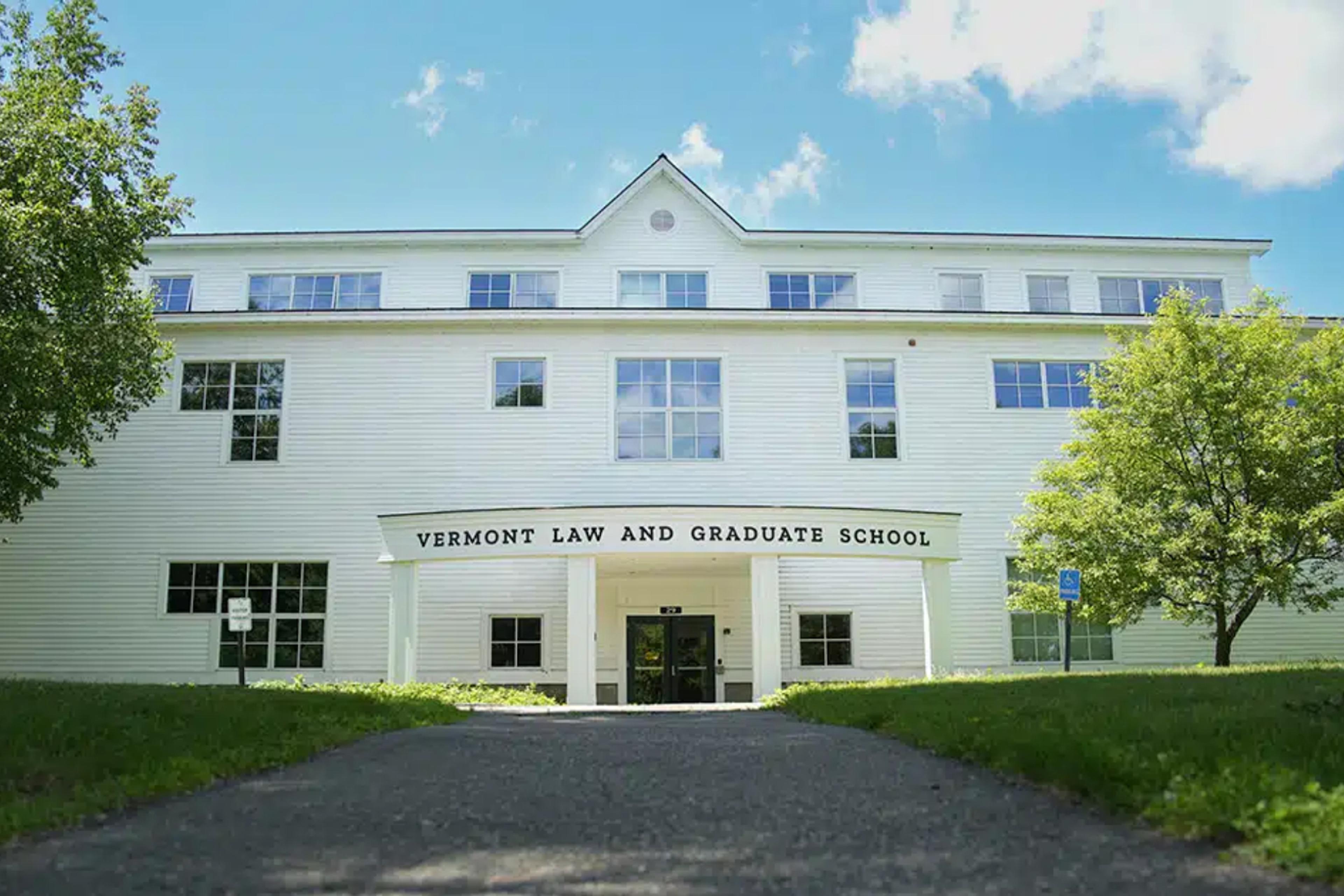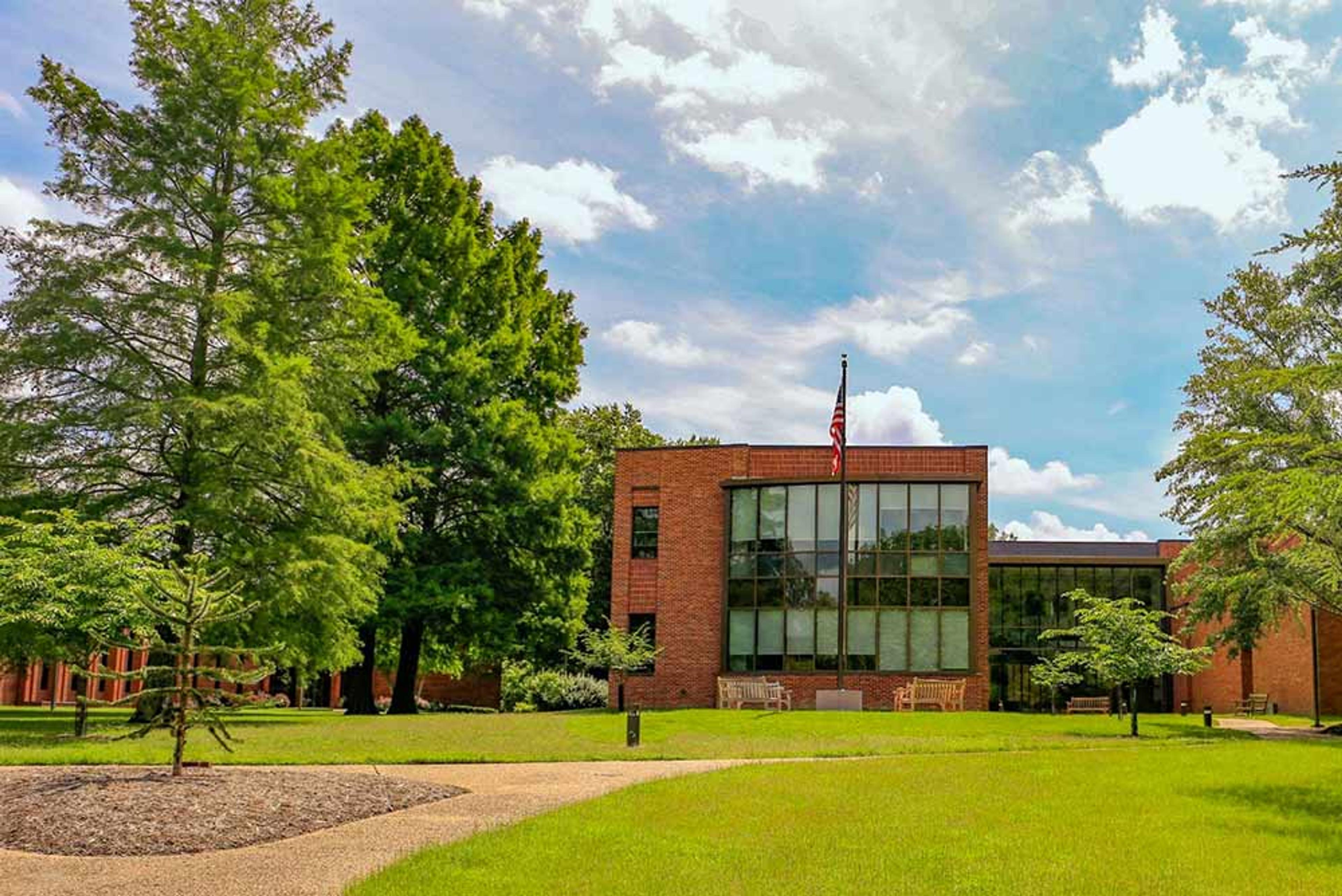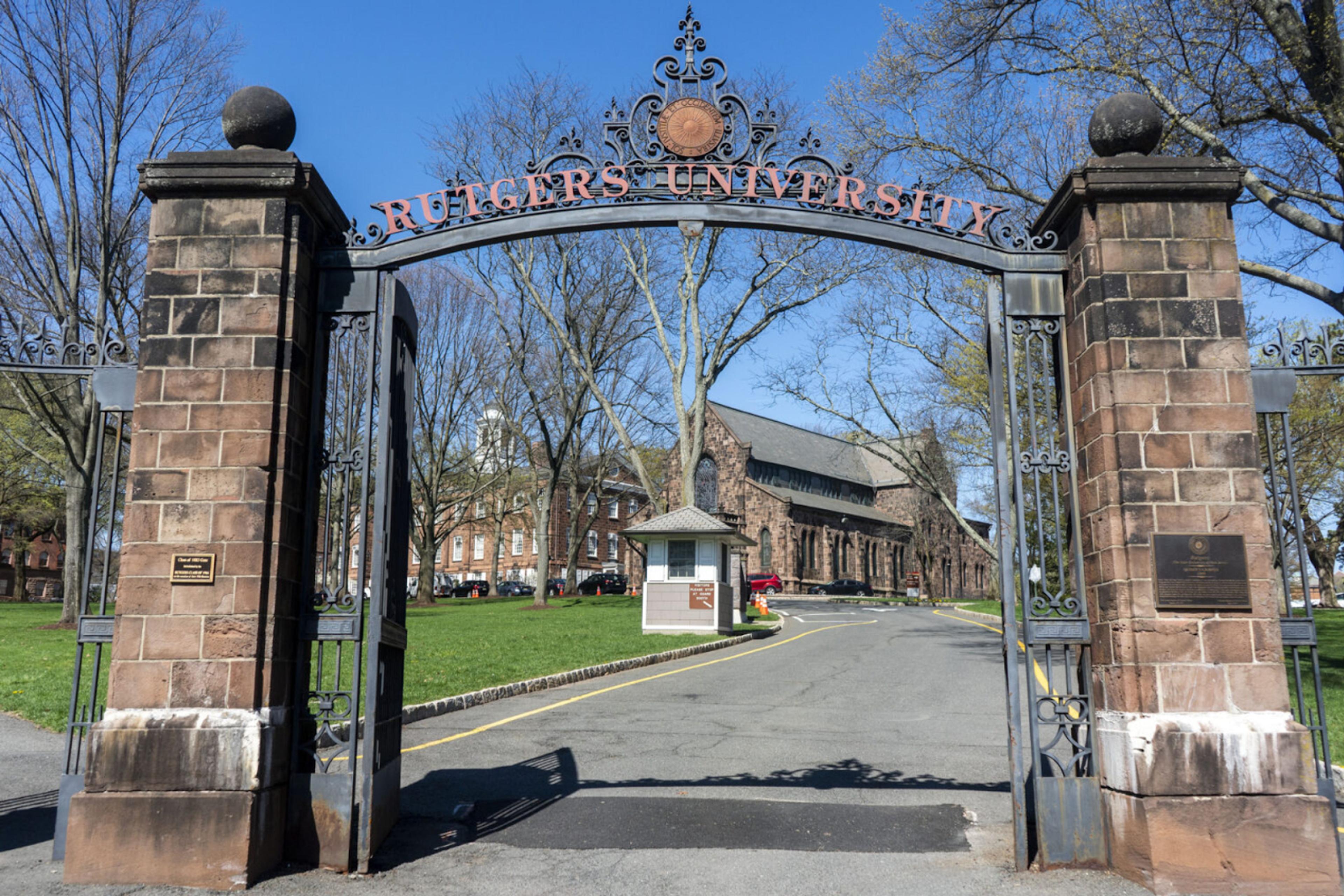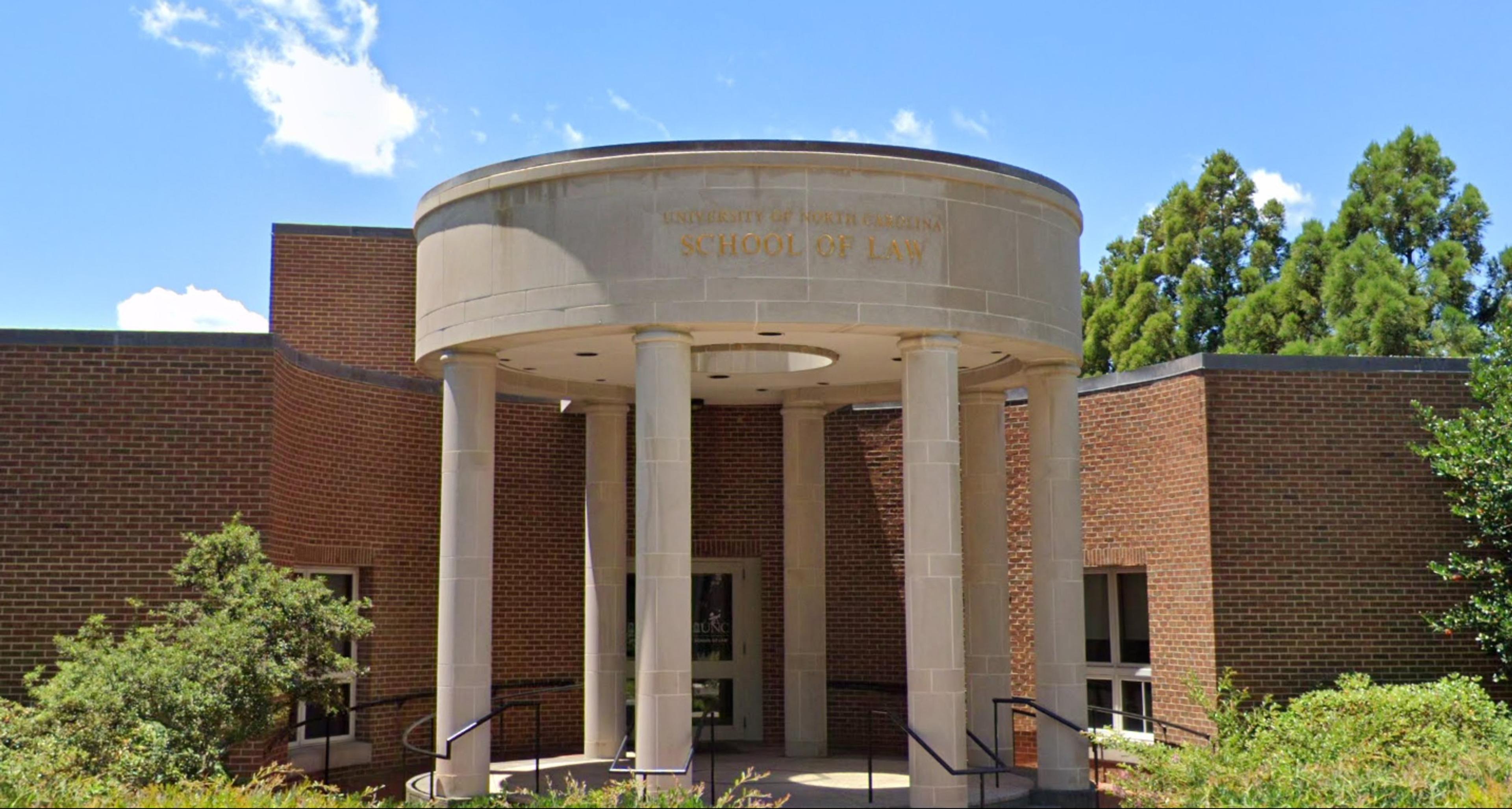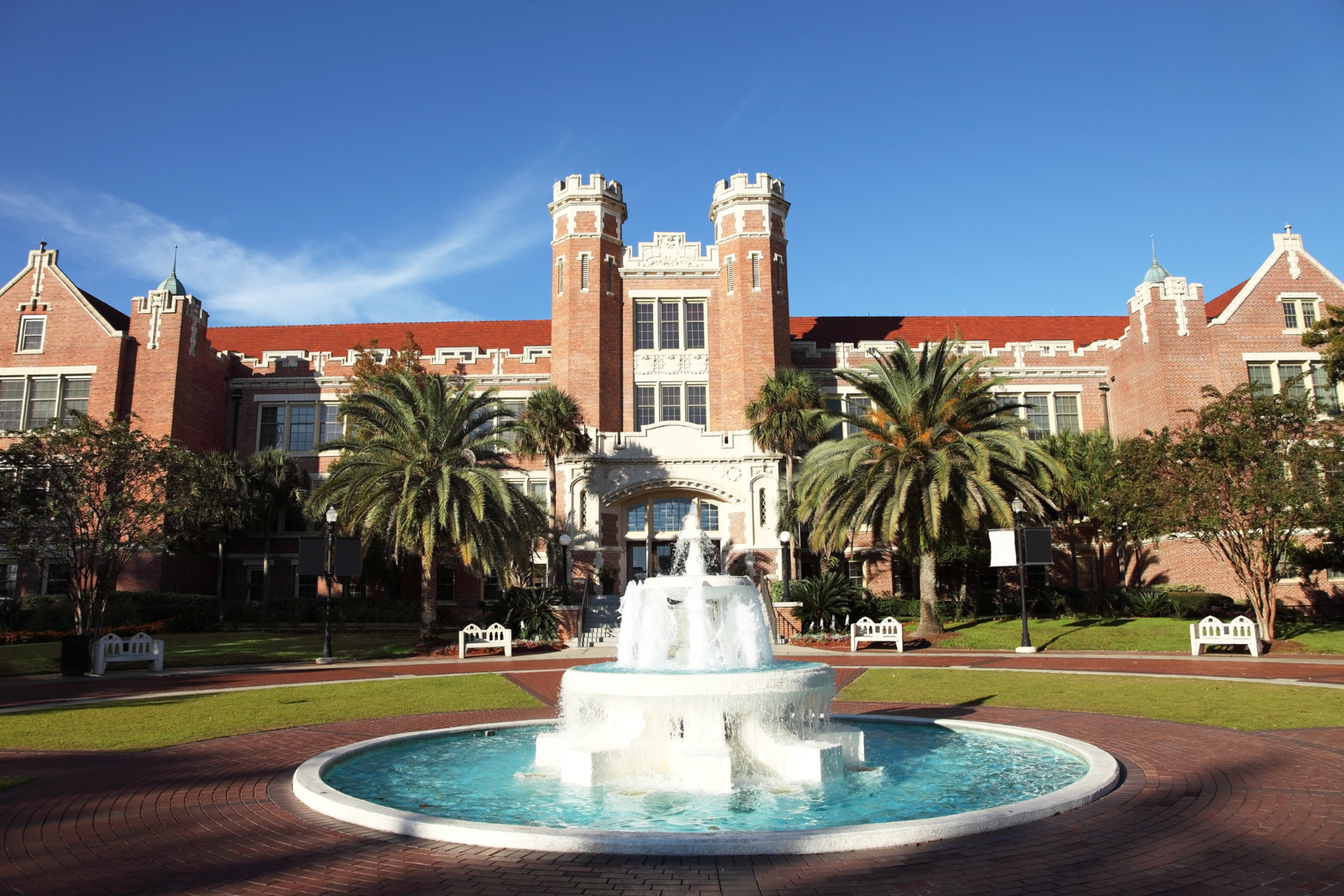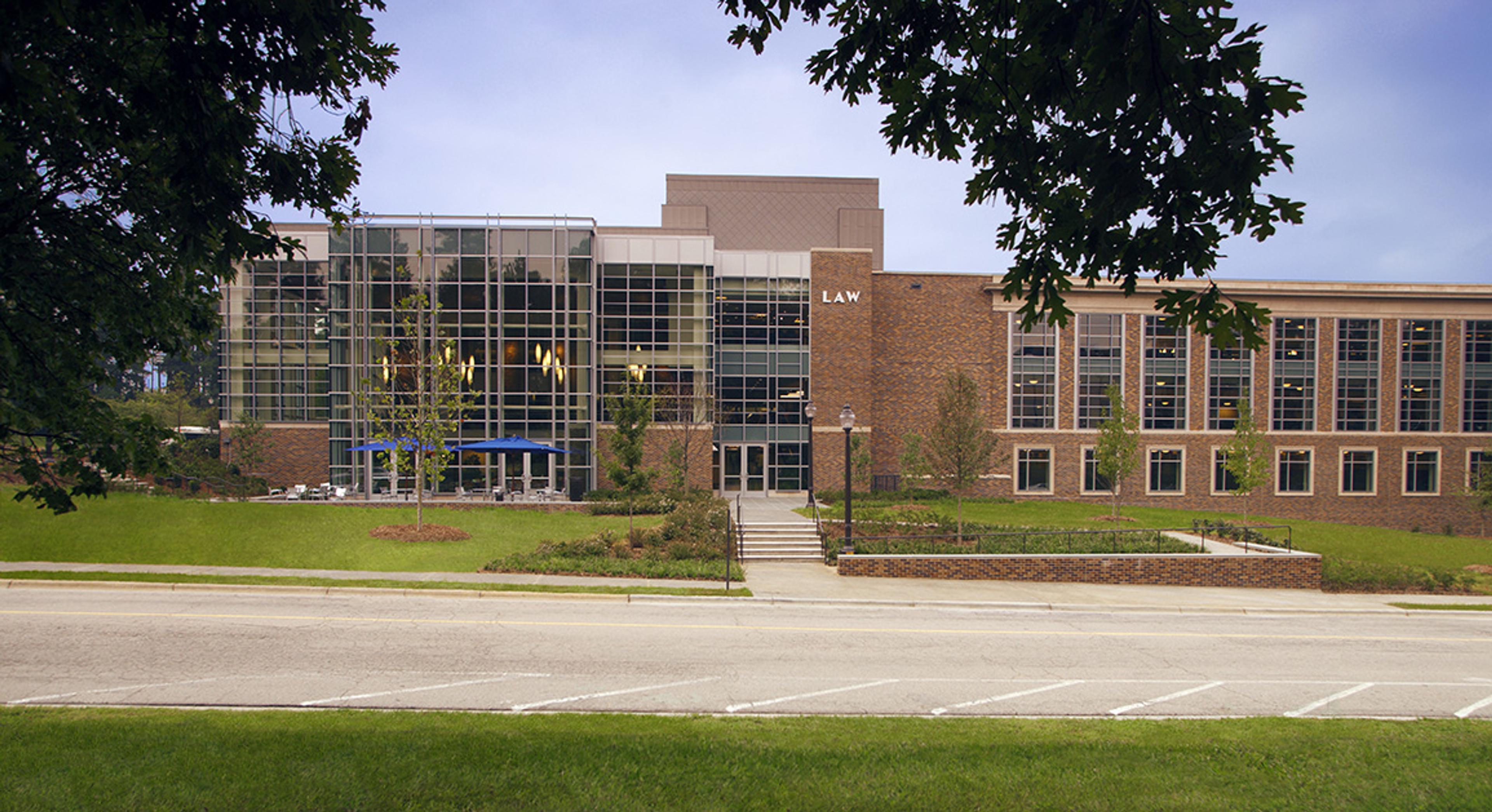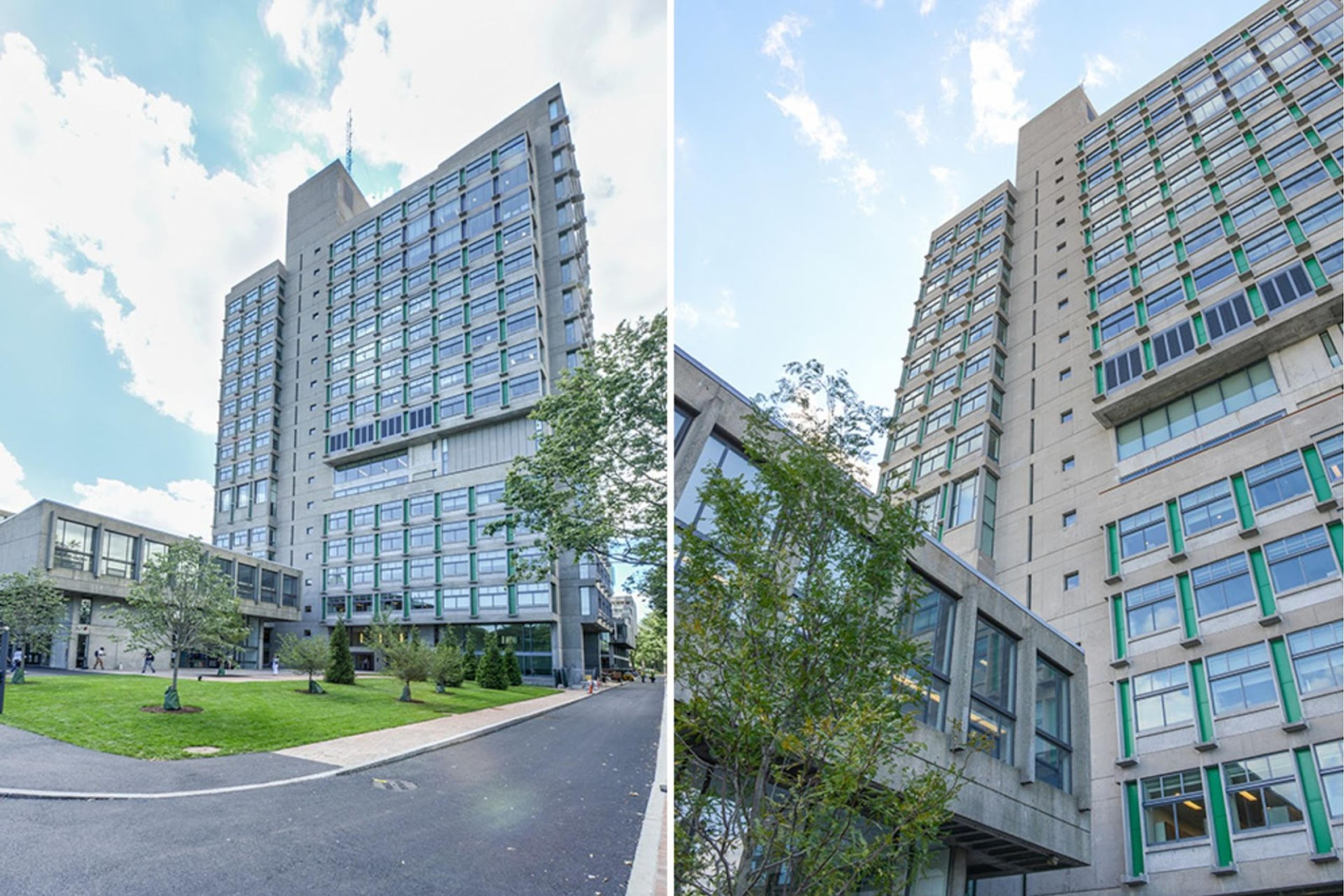How to Get Into Georgetown Law School (2025) – Acceptance Rate, Ranking, Tuition, & Class Profile
Discover the Georgetown Law Center, a prestigious institution renowned among American law schools for its exceptional legal education and groundbreaking research.
Posted April 1, 2025

Table of Contents
Free Event

Featuring Indrani S.
What You Can Do NOW to Prepare for Your Law School Applications
Starting Monday, May 5
11:30 PM UTC · 60 minutes

Featuring Indrani S.
Getting into Georgetown Law School is a competitive endeavor, but with the right approach and strategy, applicants can significantly increase their chances of acceptance. Georgetown University Law School is known for its rigorous academic environment, its focus on practical legal experience, and its prime location in Washington, D.C., providing students with opportunities that few other law schools can offer.
This comprehensive guide covers the admissions process, academic programs, key statistics, and tips on how to stand out in your Georgetown Law application.
How Hard Is It to Get Into Georgetown University Law School?
Georgetown Law is one of the top law schools in the United States, consistently ranking high in law school rankings. The admissions process is highly selective, with thousands of applicants vying for a limited number of spots in the incoming class. Georgetown Law offers a robust academic curriculum and exceptional opportunities for hands-on legal experience, particularly through its clinical programs and proximity to the nation’s top law firms, courts, and government institutions.
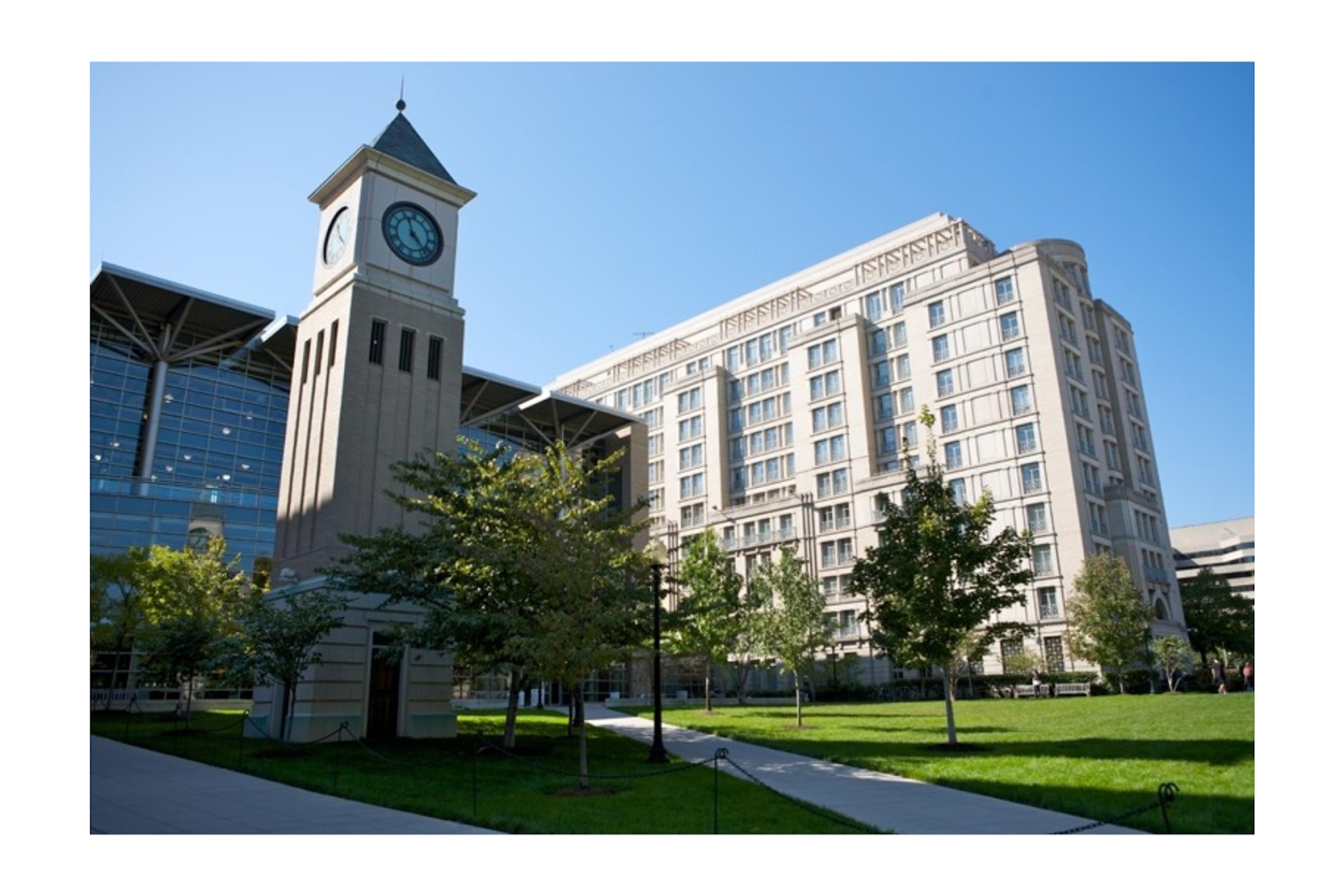
The Georgetown Law admissions committee looks for well-rounded candidates with strong academic credentials, demonstrated leadership potential, and a clear commitment to the legal profession. Applicants need to present a standout application that goes beyond just high LSAT scores or a high GPA.
Georgetown University Law Center Acceptance Rate
Georgetown Law receives thousands of applications each year. The employment outcomes for the Georgetown Law class are impressive, with a high employment rate of 94% for the class of 2023. The acceptance rate is 19.60%, reflecting its competitive nature. The law school’s selectivity ensures that only the most qualified applicants are admitted. To improve your chances of acceptance, you need to demonstrate not only academic excellence but also personal and professional experiences that align with Georgetown’s emphasis on public service and practical legal training.
Georgetown Law Acceptance Rate Over Time
| Class Year | Acceptance Rate |
|---|---|
| 2023-2024 | 19.6% |
| 2022 | 17.6% |
| 2021 | 12.9% |
| 2020 | 20.1% |
What Programs Does Georgetown Law Offer?
Georgetown University Law Center offers a variety of academic programs designed to cater to a wide range of legal interests and career goals. Whether you are interested in constitutional law, tax law, international law, or public interest law, Georgetown has a program to meet your needs. Students can also pursue dual degree programs with other schools at Georgetown University, combining law with fields such as business, public health, or international relations. Many graduates find lucrative employment opportunities in the private sector, with a significant percentage securing positions in top law firms.
Juris Doctor (J.D.) Program
The J.D. program at Georgetown Law provides students with a comprehensive legal education. Students gain a strong foundation in both theory and practical application, preparing them for a wide range of careers in the legal field. The program allows for specialization in various areas, including constitutional law, tax law, international law, and more.
Master of Laws (LL.M.) Program
Georgetown Law also offers an LL.M. program, which is ideal for attorneys looking to specialize further in areas such as international law, tax law, and national security. The LL.M. program allows students from around the world to study in Washington, D.C., and gain exposure to the U.S. legal system.
Clinical Programs and Hands-On Learning
Georgetown Law is known for its clinical training, where students gain real-world experience through hands-on legal work. The DC Street Law Program and other clinics allow students to work on live cases, providing invaluable experience that will set them apart in their future careers.
Admissions Requirements – Who Gets Into Georgetown Law?

To gain admission to Georgetown Law, candidates must meet the school’s rigorous academic standards. Georgetown is highly selective, admitting only those who demonstrate both academic excellence and a strong potential for success in the legal profession. Georgetown Law employment outcomes are strong, with high bar passage rates and impressive employment statistics for recent graduates.
Class Profile
The incoming class at Georgetown Law is highly competitive, with an average LSAT score of 171 and a median GPA of 3.91. Students come from diverse academic and professional backgrounds, including applicants with experience in government, public interest, law firms, and international organizations.
Academic Metrics
| Percentile | Median GPA | LSAT Scores |
|---|---|---|
| 75th | 3.97 | 173 |
| 50th | 3.91 | 171 |
| 25th | 3.7 | 166 |
How to Get Into Georgetown Law With Lower GPA or LSAT Scores
Write a Strong Personal Statement
A well-crafted personal statement is your opportunity to demonstrate your passion for law and explain why Georgetown is the right place for you. If your GPA or LSAT score is below the median, use your personal statement to highlight your unique experiences, leadership roles, and how your background prepares you for a successful legal career.
Highlight Relevant Professional Experience
Georgetown values practical experience, so if your LSAT or GPA is lower than the median, be sure to emphasize your professional experience, especially if it is related to law or public service. Whether you’ve worked at a law firm, government agency, or nonprofit, showcasing how your experience has shaped your career goals can strengthen your application.
Strong Letters of Recommendation
Secure letters of recommendation from individuals who know you well and can speak to your academic abilities, work ethic, and leadership potential. These letters can play a pivotal role in your application, especially if other parts of your application are weaker.
How to Apply Georgetown Law
Application Deadlines
- Application Deadline: September 5, 2024-JD Regular and Early Decision Applications open for Fall 2025 and March 3, 2025-Strongly Recommended deadline for JD Regular and Early Decision Applicants.
- Decision Notifications: Georgetown Law operates on a rolling admissions basis, with decisions typically released from May to August.
Application Requirements
- Application Fee: A nonrefundable $85 fee must be submitted at the time you apply. This can be done by credit card through LSAC. Georgetown Law does not issue refunds for the application fee. Fee waivers are available on a case-by-case basis for applicants who meet certain criteria, such as active members or alumni of Teach for America, Peace Corps volunteers, military veterans and service members, and Truman Scholars. Applicants must secure a fee waiver before submitting their application, and those who received a fee waiver in the previous admissions cycle are not eligible to receive a waiver. Allow approximately one week for a response to your fee waiver request.
- LSAT, GRE, or GMAT Scores: Applicants must submit an LSAT, GRE, or GMAT (or GMAT Focus) score taken within the last five years. There are exceptions for applicants seeking to enroll in the Evening Program who do not have a valid LSAT score, as they may apply on a test-optional basis. Additionally, applicants applying through the Early Assurance program for Georgetown University juniors are not required to submit standardized test scores.
- Transcripts: Official transcripts from all colleges or universities you have attended must be sent directly to LSAC for transmission to Georgetown Law through the Credential Assembly Service (CAS).
- Letters of Recommendation: Georgetown Law requires one letter of recommendation, though additional letters are welcome. It is preferred that the letter come from a professor who can speak to your academic abilities.
- Resume: Your resume should detail your academic achievements, professional experience, extracurricular activities, and any honors or awards. There is no specific page limit, though a one- to two-page resume is recommended.
- Personal Statement: Georgetown Law does not have a minimum or maximum length for the personal statement. However, we recommend it be approximately two pages, double-spaced. Use this statement to share what motivates you to pursue a law degree and to explain why Georgetown Law is the right fit for you.
- Conduct Statement: If you answer "yes" to any of the conduct questions in the application, you must provide a separate statement explaining the circumstances.
- Optional Statement: If you wish to share additional perspectives, experiences, or reflections that have contributed to your development as a person and future legal professional, you may submit an optional statement. Georgetown Law takes great pride in a personalized admissions process, and this is an opportunity for you to provide insight into who you are.
- Optional Responses: Georgetown Law invites applicants to submit an optional 250-word response to any of the following prompts:
- What’s the best (or worst) piece of advice you ever received?
- If you could “uninvent” one thing, what would it be?
- Tell us about a moment in your life that you regret.
- Describe your perfect day.
- Share a top ten list with us.
- Submit a one-minute video (optional). Upload the video to an easily accessible website and provide the URL in your application. The video must be accessible to anyone with the link. Videos submitted in other formats will not be considered.
Different Types of Applicants – Requirements
Reapplicants
If you have applied to Georgetown Law previously but were not admitted, the admissions committee evaluates reapplications thoroughly. In your reapplication, you should show how you have strengthened your candidacy. This may include improved academic performance, higher LSAT or GRE scores, additional work experience, or personal growth. Reapplicants are encouraged to submit updated materials, including a revised personal statement if needed, to highlight how their experiences or qualifications have changed since their previous application.
Community College Graduates
Georgetown Law values the diverse perspectives that community college graduates bring to the law school community. Applicants who have attended community colleges should demonstrate how their academic and life experiences have prepared them for the rigor of law school. If you have transferred to a four-year institution, be sure to highlight your achievements and the skills you developed during your time at the community college level, including resilience and adaptability.
Military Service Members
Georgetown Law highly values applicants with military experience for their leadership, discipline, and service to the country. If you are a veteran or currently serving in the military, you are encouraged to apply. Applicants with military service should provide documentation of their service and include a personal statement that outlines how their military background has influenced their desire to pursue a legal career. Letters of recommendation from military supervisors or colleagues can also strengthen your application. Georgetown Law is committed to supporting veterans through various programs, including the Yellow Ribbon Program.
Undocumented Students
Georgetown Law is committed to providing an inclusive environment and encourages undocumented students to apply. Immigration status does not impact your chances of admission. Georgetown Law does not consider immigration status in its admissions process. Undocumented applicants should focus on sharing how their personal experiences, challenges, and goals have shaped their aspirations to pursue a legal career. Georgetown Law provides financial aid and support for undocumented students to ensure they have the resources needed to succeed.
Transfer Students
Georgetown Law accepts transfer students who have completed their first year of study at an ABA-accredited law school. To be eligible, transfer applicants must demonstrate strong academic performance at their current institution. In addition to submitting a transcript from the current law school, transfer applicants should explain why they wish to transfer to Georgetown Law and how the school’s programs align with their career goals. Transfer applicants are also required to submit a personal statement and letters of recommendation.
International Applicants
Georgetown Law welcomes international applicants from all over the world. If you are an international applicant, you must submit academic transcripts from all institutions you have attended, translated into English if necessary. Additionally, you must demonstrate proficiency in English through TOEFL, IELTS, or another equivalent test unless you have completed a degree in an English-speaking institution. International applicants should also ensure their academic credentials align with Georgetown’s requirements and submit all necessary documentation for visa and immigration purposes. Georgetown Law is dedicated to providing a supportive environment for international students, offering resources such as cultural exchange programs and global career services.
Junior Deferral Program (JDP)
The Junior Deferral Program (JDP) allows undergraduate students at Georgetown University who are interested in law school to secure a spot at Georgetown Law before completing their degree. JDP applicants must be juniors at Georgetown University and apply to the program before completing their undergraduate education. Once admitted, they must defer enrollment for two years to gain professional work experience. JDP students are given the opportunity to explore potential legal careers and gain practical skills before beginning their law school education.
5 Expert Tips on How to Get Into Georgetown Law
1. Leverage Georgetown’s Unique D.C. Location in Your Personal Statement
Georgetown Law's location in Washington, D.C., offers unparalleled opportunities for students to engage with government, international organizations, and major legal institutions. To demonstrate your understanding of what makes Georgetown unique, incorporate how the D.C. setting aligns with your specific career aspirations in law. If your career goals involve public interest law, government service, or international law, showing how Georgetown’s proximity to key legal institutions like the U.S. Supreme Court, Capitol Hill, and the United Nations will help you achieve those goals can set you apart from other applicants.
Read: How to Write a Powerful Personal Statement for Your Law School Applications
2. Use Your LSAT or GRE Score to Demonstrate Resilience, Not Just Achievement
Georgetown Law is known for its competitive admissions process, with applicants typically submitting strong LSAT or GRE scores. However, if your score is below Georgetown’s median range, consider how you can strategically present this information in a way that highlights your resilience and commitment to your goals. Admissions officers at Georgetown appreciate candidates who can demonstrate growth and the ability to overcome challenges. If you struggled initially with standardized testing but showed improvement over multiple attempts, this is a valuable story to share.
Read: LSAT vs. GRE for Law School–Which to Take and How to Ace Both
3. Maximize the Impact of Your Letters of Recommendation
Georgetown Law typically requires only one letter of recommendation, but additional letters are allowed and can strengthen your application. Given the competitive nature of Georgetown’s admissions, a standout letter can be the difference between getting an offer and being waitlisted. Make sure your letters come from individuals who can speak not just to your academic abilities, but also to your character and potential as a future leader in the legal field. Letters from professors who have closely mentored you or employers who have seen you take on leadership roles are especially powerful.
Read: How Many Letters of Recommendation for Law School: A Comprehensive Guide
4. Highlight Public Interest or International Law Experience
Georgetown Law is particularly known for its strength in public interest law, international law, and government service. If your background or experiences align with these areas, make sure to highlight them throughout your application. Whether through internships, volunteer work, or previous employment, showcase how your professional or personal experiences have prepared you to take full advantage of Georgetown's specialized programs, such as its Human Rights Institute, international law clinics, or externships in D.C. agencies.
5. Demonstrate Intellectual Curiosity Through Your Personal Statement and Optional Essays
Georgetown Law is looking for students who not only excel academically but also demonstrate intellectual curiosity and a passion for learning. Your personal statement is a perfect place to showcase how your curiosity extends beyond the classroom. Whether reading legal journals, exploring cutting-edge areas of law, or tackling complex issues in extracurricular activities, show that you are intellectually engaged with the world around you and eager to deepen your knowledge of the law.
The Bottom Line
Georgetown Law is a top-tier law school with a highly competitive admissions process. To maximize your chances of acceptance, focus on achieving strong LSAT scores, maintaining a high GPA, and submitting a well-rounded application that demonstrates your passion for the legal profession. Georgetown’s location, diverse programs, and career opportunities make it an attractive choice for prospective law students.
The law school admissions process can be challenging, but working with an expert can make a significant impact. Experienced admissions coaches can provide valuable support in refining your personal statement, strengthening your resume, or preparing for interviews. Get the guidance you need to improve your application and increase your chances of acceptance into top law schools, including Georgetown Law.
Related Articles
To help you explore the law school admissions process and learn more about Georgetown Law School and other top law schools, check out these helpful articles:
- How to Answer the Most Common Law School Interview Questions
- Top 10 Ways to Prepare for Law School
- The Top 10 Accelerated JD Programs
- How to Get Into Law School: Advice from an Expert
- Top 30+ Free Resources for the LSAT
FAQs
Is Georgetown Law a prestigious school?
- Yes, Georgetown Law is highly regarded and consistently ranked among the top law schools in the United States. Its strong academic programs, excellent faculty, and strategic location in Washington, D.C., make it one of the most prestigious law schools in the country, particularly known for its focus on public interest law, international law, and government service.
How difficult is it to get into Georgetown Law?
- Getting into Georgetown Law is competitive. The school has a selective admissions process, with an acceptance rate typically ranging from 20% to 24%. Applicants are expected to have strong academic credentials, including high LSAT or GRE scores, as well as compelling personal statements, letters of recommendation, and relevant experiences that align with the school’s strengths in public service and international law.
Is Georgetown Law Ivy League?
- No, Georgetown Law is not part of the Ivy League. The Ivy League refers to a specific group of eight private universities in the northeastern United States. However, Georgetown Law is consistently ranked among the top law schools in the country and is considered an elite institution in its own right, especially for areas such as public interest law and government service.
Is NYU Law better than Georgetown?
- Both NYU Law and Georgetown Law are highly respected, but which is "better" depends on your specific goals. NYU Law is known for its strength in corporate law, international law, and law and economics, and it consistently ranks in the top 10 law schools in the U.S. Georgetown Law, on the other hand, is particularly strong in public interest law, international law, and government service, benefiting from its location in Washington, D.C. The decision between the two should be based on your career goals and which school’s offerings align more closely with your interests.

